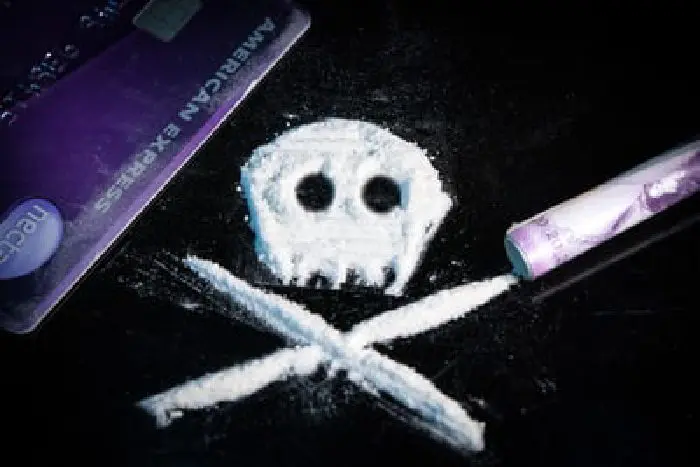Photo by Colin David on Unsplash
The increased diversification of the supply at source has led to more violence, says the new Europol-UNODC “Cocaine Insights Report”
More violent, diverse and competitive: these are the main characteristics of the cocaine trade in Europe. The new Cocaine Insights Report, launched today by Europol and UNODC, outlines the new dynamics of the cocaine market, which represents a clear threat to European and global security. The report was launched as part of the work programme of CRIMJUST – Strengthening criminal justice cooperation along drug trafficking routes within the framework of the Global Illicit Flows Programme of the European Union.
The fragmentation of the criminal landscape in source countries has created new opportunities for European criminal networks to receive a direct supply of cocaine, cutting out the intermediaries. This new competition in the market has led to the increased supply of cocaine and consequently to more violence, a trend developed in Europol’s Serious and Organised Crime Threat Assessment 2021. Previously dominant monopolies in the wholesale supply of cocaine to European markets have been challenged by new trafficking networks. Western Balkan criminal networks, for instance, have established direct contacts with producers and secured a prominent place in the wholesale supply of cocaine.
The report highlights the importance of intervention at the source as this market very much driven by the supply chain. Strengthening cooperation and further increasing the exchange of information between law enforcement authorities will enhance the effectiveness of investigations and the detection of shipments. The report highlights the importance of money laundering investigations to trace the illegal profits and of the confiscation of assists related to criminal activities. These financial investigations are at the core of the fight against cocaine trafficking, ensuring that the criminal activities do not pay.
Julia Viedma, Head of Department of the Operational and Analysis Centre at Europol said: “Cocaine trafficking is one of the key security concerns we are facing in the EU right now. Nearly 40% of the criminal groups active in Europe are involved in drugs trafficking, and the cocaine trade generates multi-billion-euro in criminal profits. Understanding better the challenges we face will help us to counter more effectively the violent threat that cocaine trafficking networks represent to our communities.”
Chloé Carpentier, Chief of the Drug Research Section at UNODC, highlighted how “the current dynamics of diversification and proliferation of cocaine supply channels, criminal actors and modalities are likely to continue, if left unchecked.”







